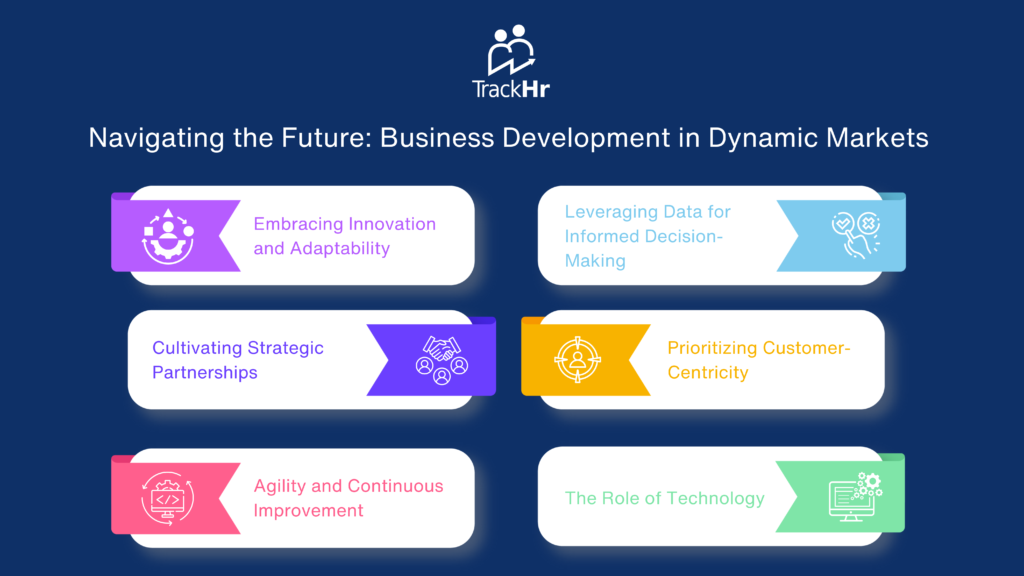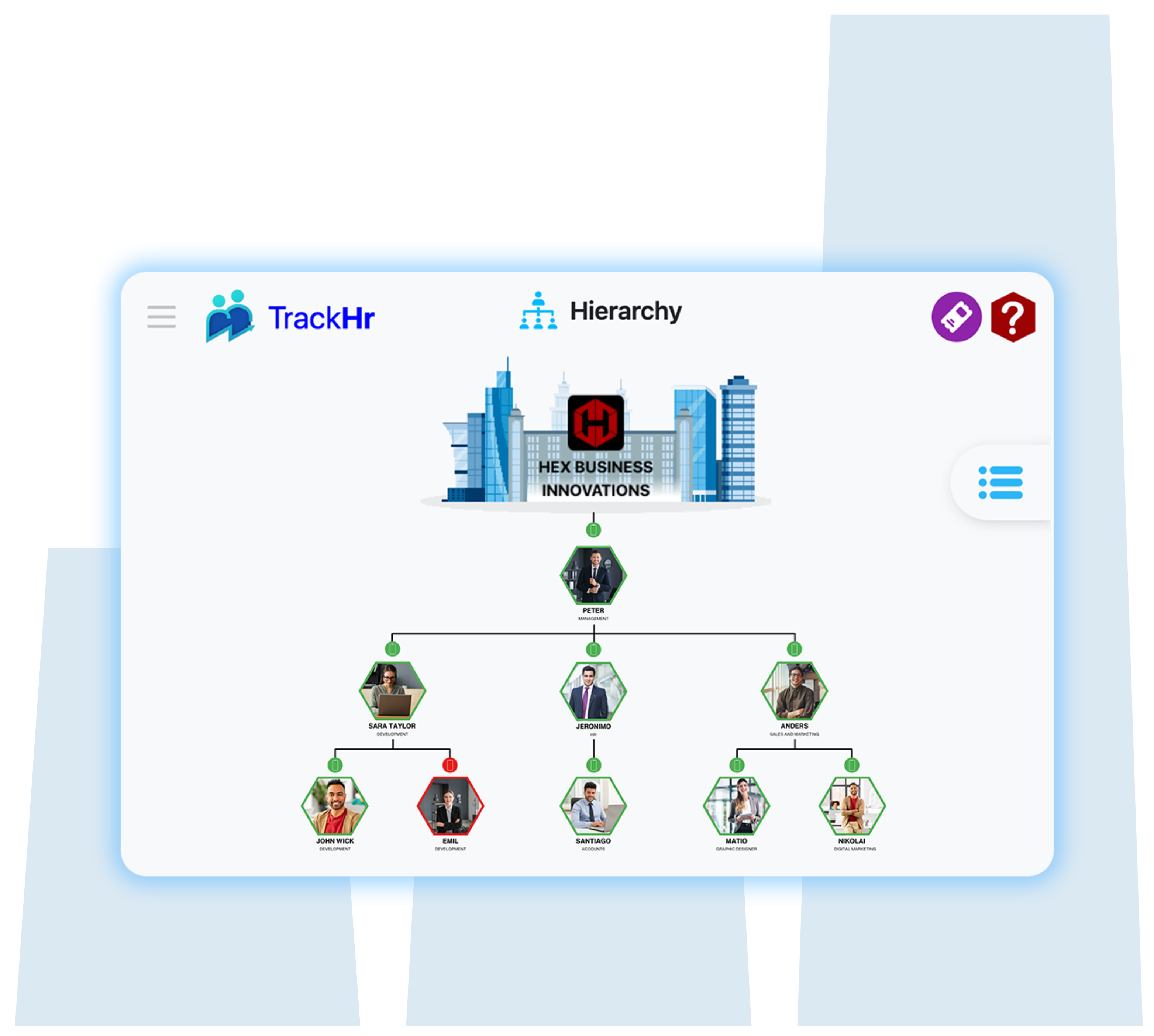Tuesday, 14 May 2024
Navigating the Future: Business Development in Dynamic Markets
Introduction
In today’s rapidly evolving business landscape, navigating dynamic markets requires adaptability, foresight, and strategic planning. The traditional playbook of business development has been rewritten as companies strive to stay ahead in an environment shaped by technological advancements, shifting consumer behaviors, and global economic fluctuations. To thrive in such conditions, businesses must embrace innovation, leverage data-driven insights, and cultivate agility. Let’s delve into the key strategies and tools that can empower organizations to succeed amidst this uncertainty.

Embracing Innovation and Adaptability
In dynamic markets, innovation isn’t just an option; it’s a necessity for survival. Businesses must foster a culture that encourages experimentation and creative problem-solving. Whether it’s exploring new product offerings, rethinking distribution channels, or adopting emerging technologies, a proactive approach to innovation can unlock new opportunities and drive competitive advantage.
Moreover, adaptability is crucial. Companies must be prepared to pivot quickly in response to market shifts or unexpected disruptions. Flexibility in business models, supply chains, and customer engagement strategies can make all the difference in staying resilient.
Leveraging Data for Informed Decision-Making
Data has become the cornerstone of effective business development. Harnessing the power of analytics provides invaluable insights into market trends, customer preferences, and competitive landscapes. By leveraging data analytics tools and platforms, businesses can make informed decisions, optimize resource allocation, and identify growth opportunities.
For instance, a performance tracker app can be instrumental in monitoring key metrics, such as sales performance, customer satisfaction levels, or operational efficiency. Real-time data from these tools enables agile decision-making and facilitates course corrections to stay on track.
Cultivating Strategic Partnerships
In dynamic markets, collaboration often yields greater rewards than competition. Strategic partnerships with complementary businesses, industry influencers, or technology providers can enhance capabilities, expand market reach, and drive innovation. These alliances not only mitigate risks but also create synergies that accelerate growth.
Prioritizing Customer-Centricity
The customer remains at the heart of successful business development. In dynamic markets, customer preferences and behaviors can change rapidly. Therefore, businesses must prioritize customer-centric strategies that emphasize personalized experiences, exceptional service, and responsiveness to feedback. Building strong relationships with customers fosters loyalty and generates valuable insights for continuous improvement.
Agility and Continuous Improvement
In dynamic markets, success hinges on agility and the ability to embrace change. Continuous improvement should be ingrained in the organizational culture. Regularly assessing performance, soliciting feedback, and adapting strategies based on lessons learned are essential practices for staying competitive.
The Role of Technology
Technology serves as a catalyst for business development in dynamic markets. From automation and AI-driven insights to cloud computing and blockchain, technology empowers businesses to streamline operations, enhance decision-making, and deliver innovative solutions. Investing in scalable and adaptable technologies enables organizations to stay ahead of the curve.
Conclusion
Navigating dynamic markets requires a proactive and strategic approach. By embracing innovation, leveraging data-driven insights, cultivating strategic partnerships, and prioritizing customer-centricity, businesses can adapt and thrive amidst uncertainty. Additionally, embracing technology and fostering a culture of agility and continuous improvement are critical to sustaining success in dynamic environments.
In essence, the future of business development in dynamic markets lies in embracing change as an opportunity, rather than a threat. With the right strategies and tools at their disposal, businesses can chart a course towards growth and resilience in an ever-evolving landscape.



